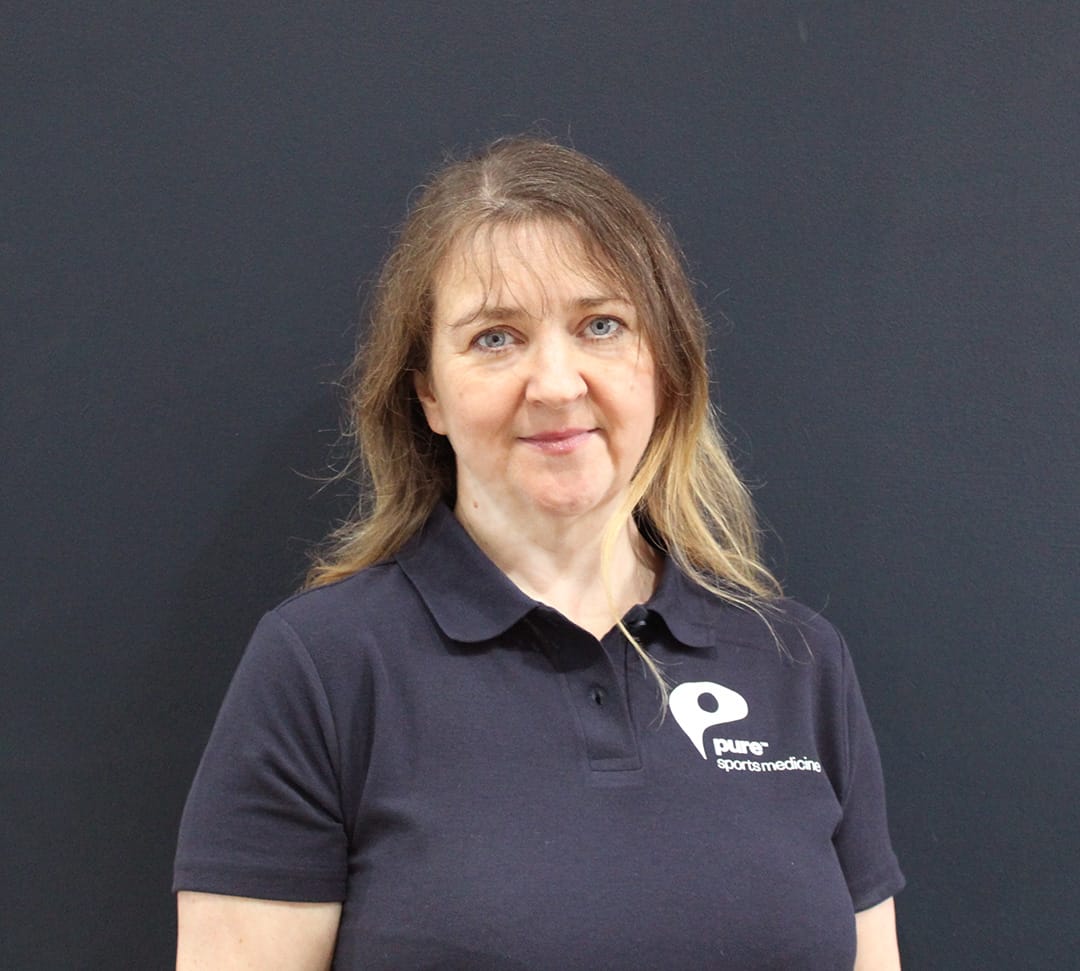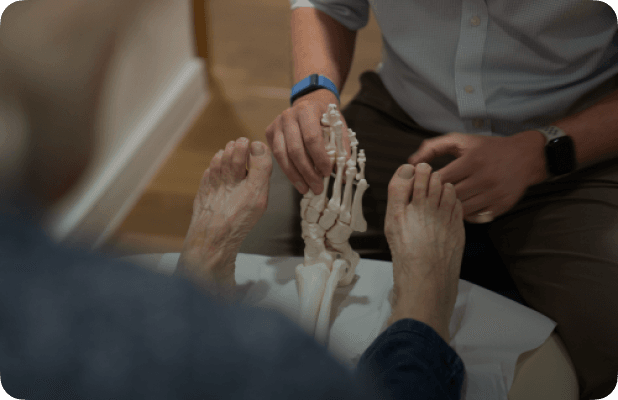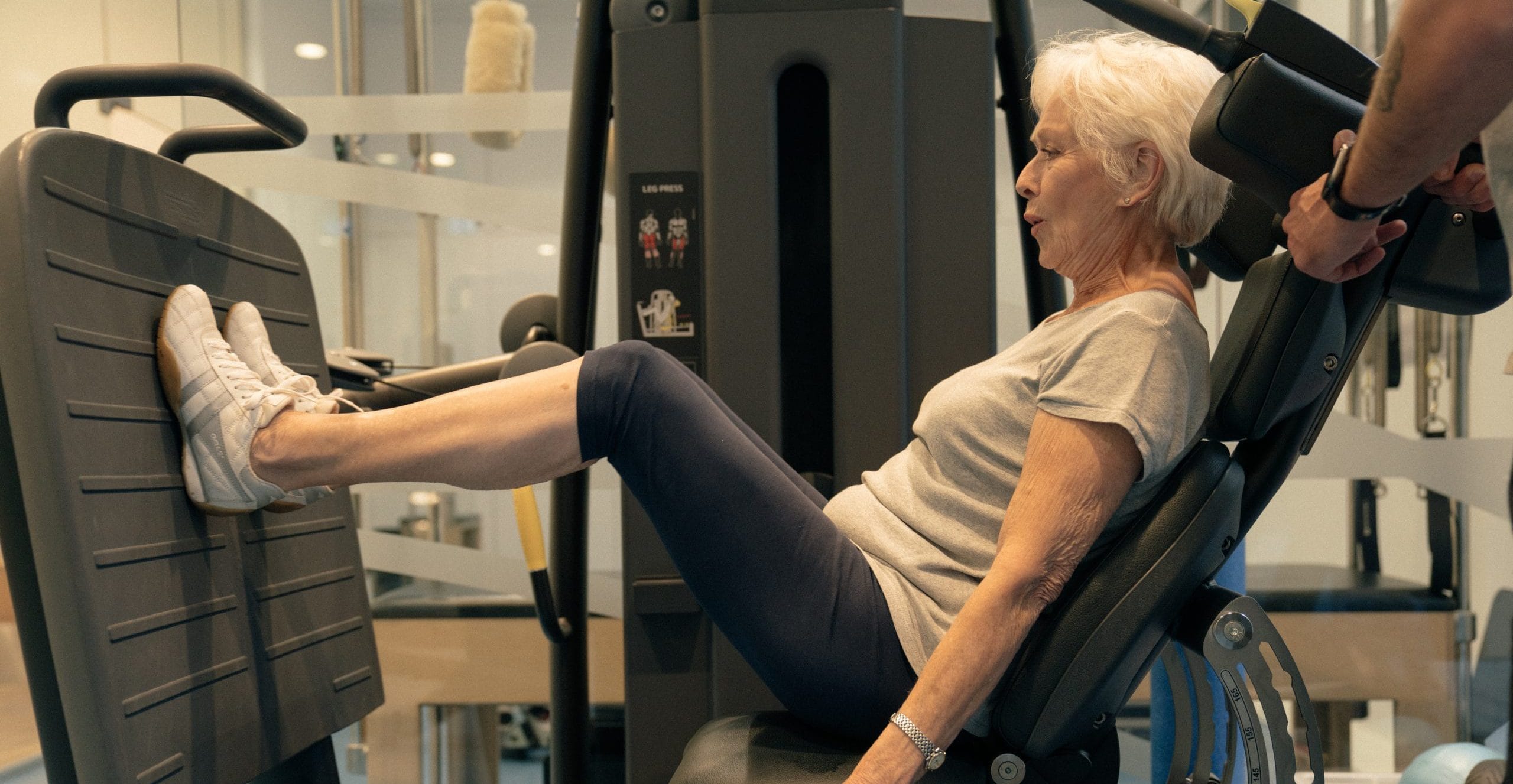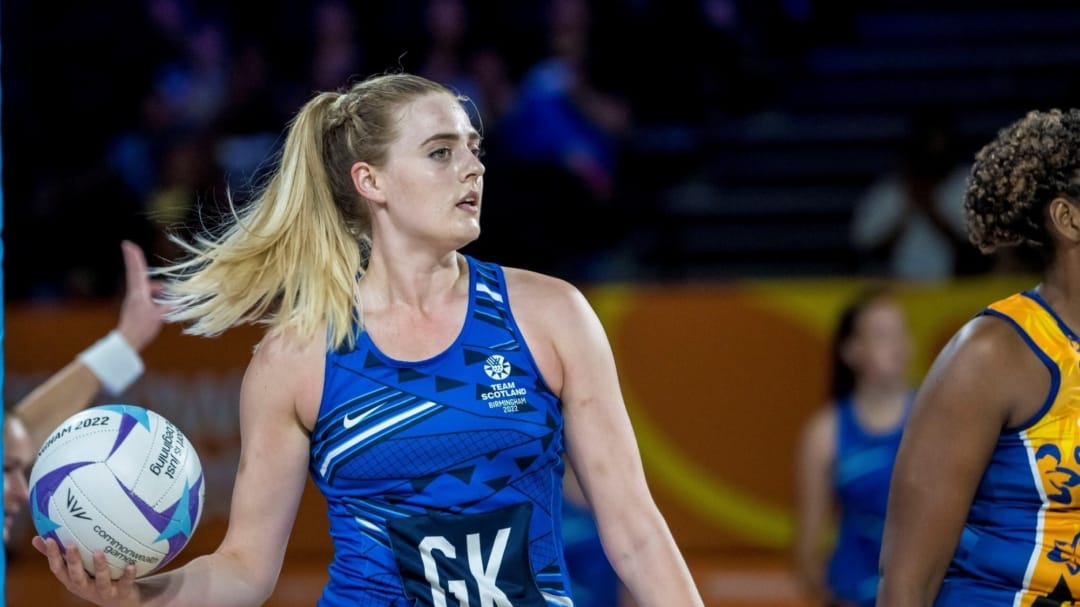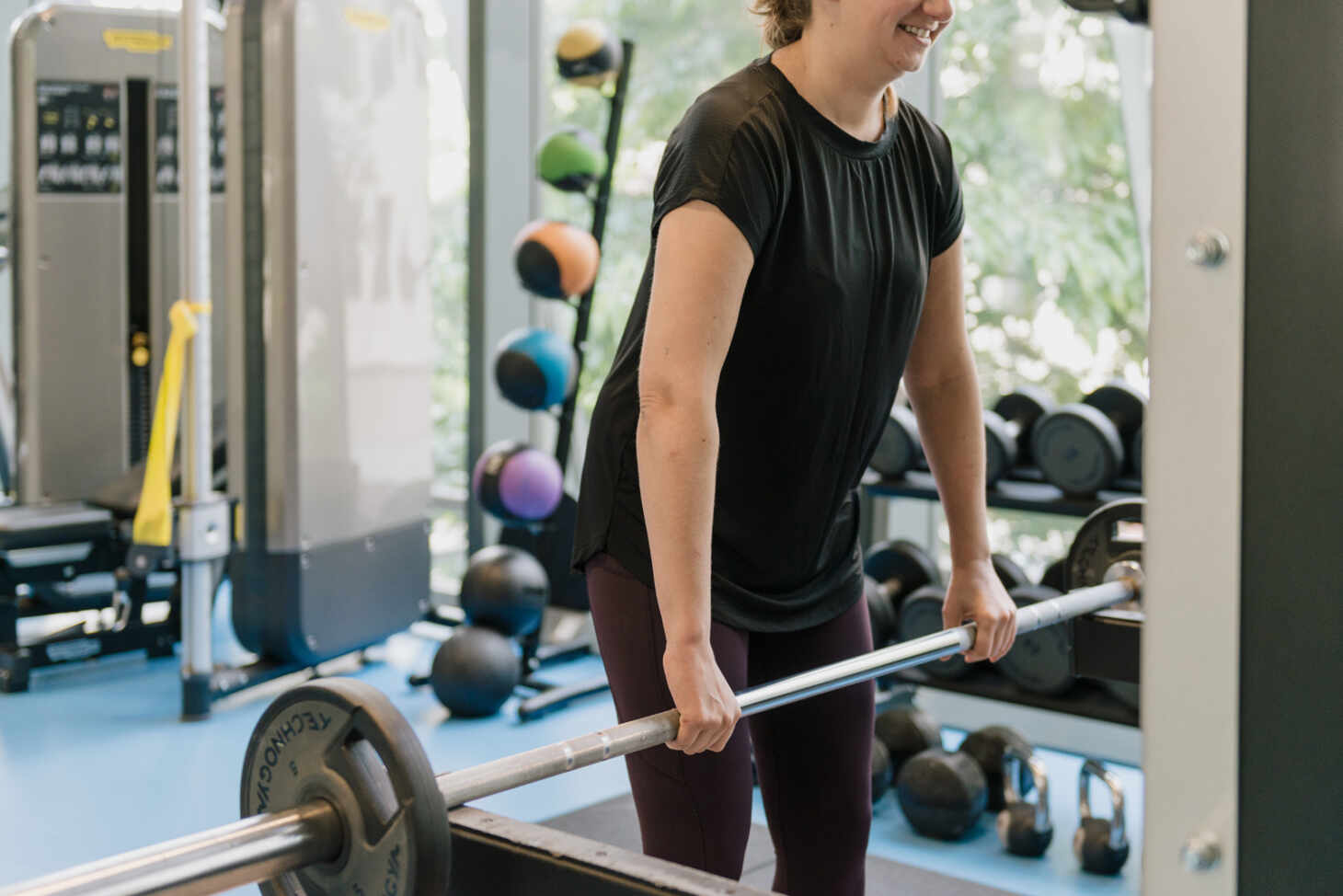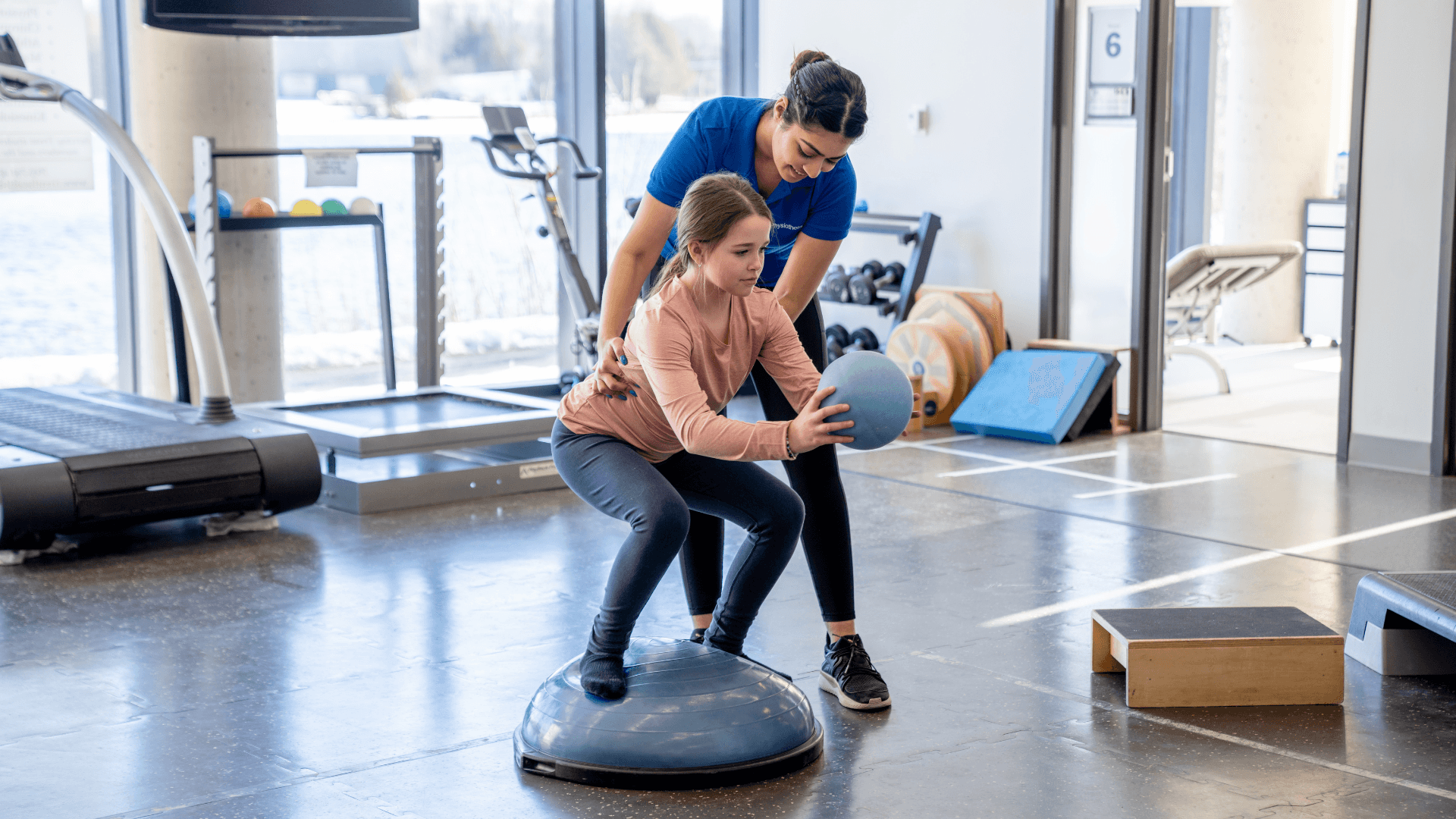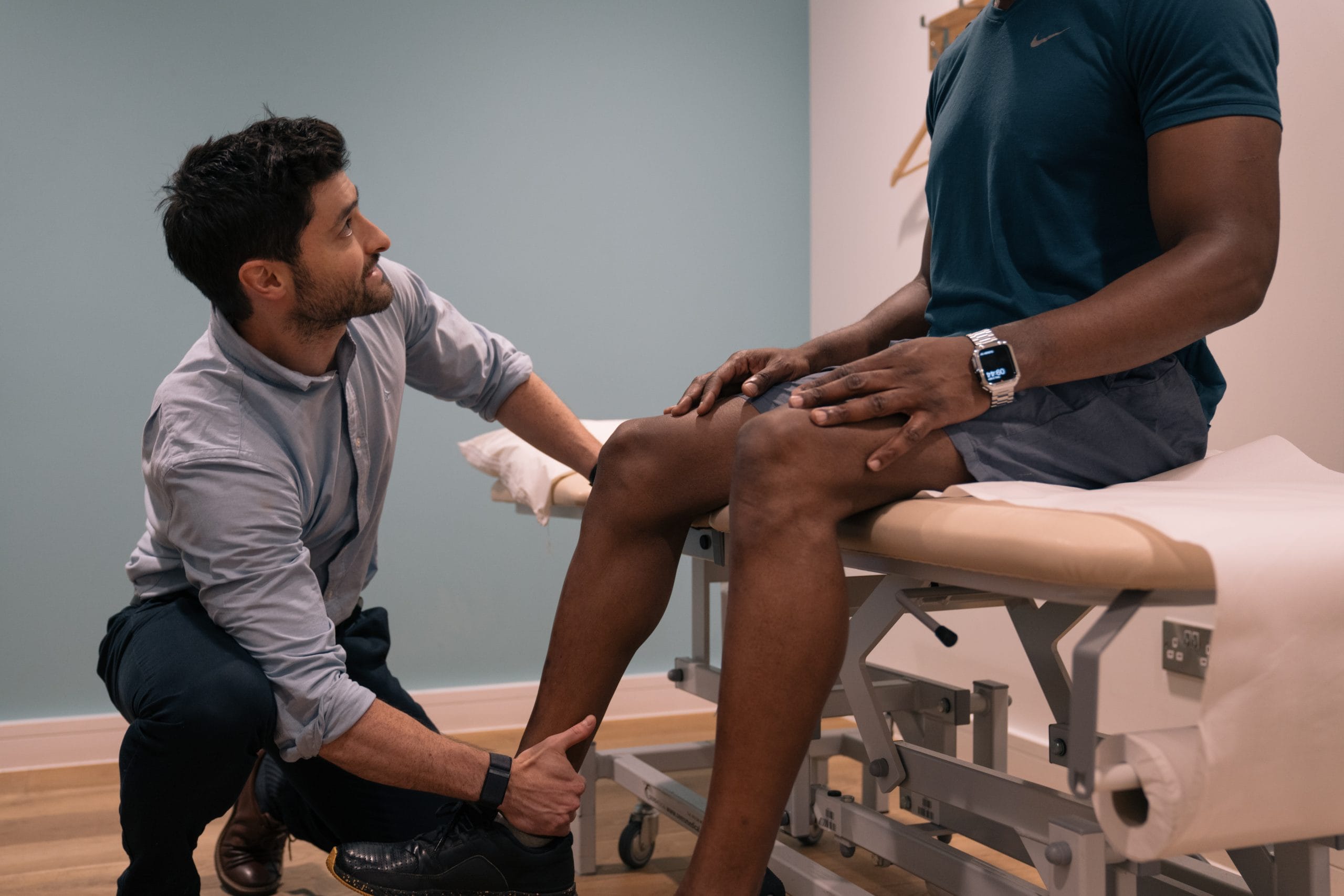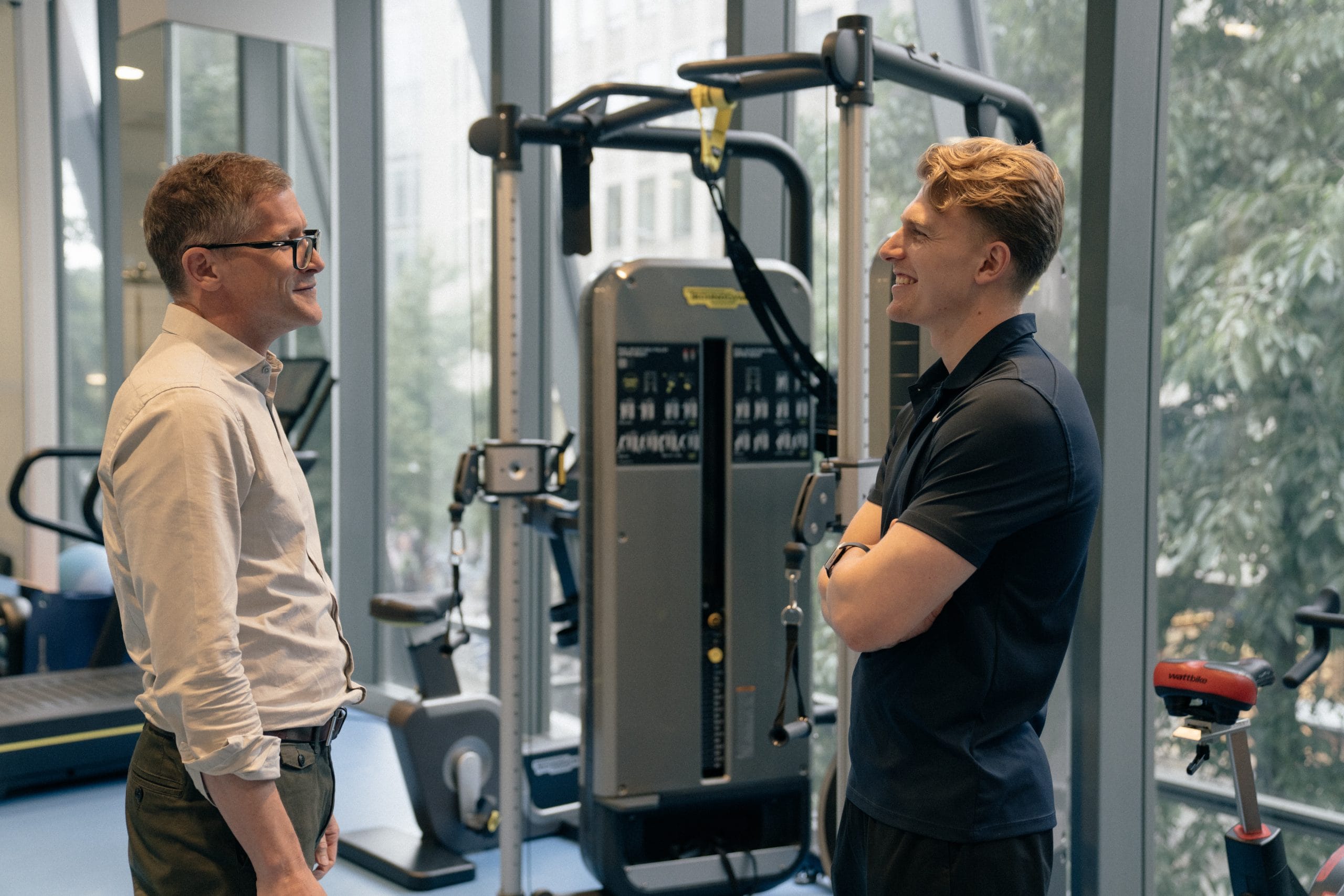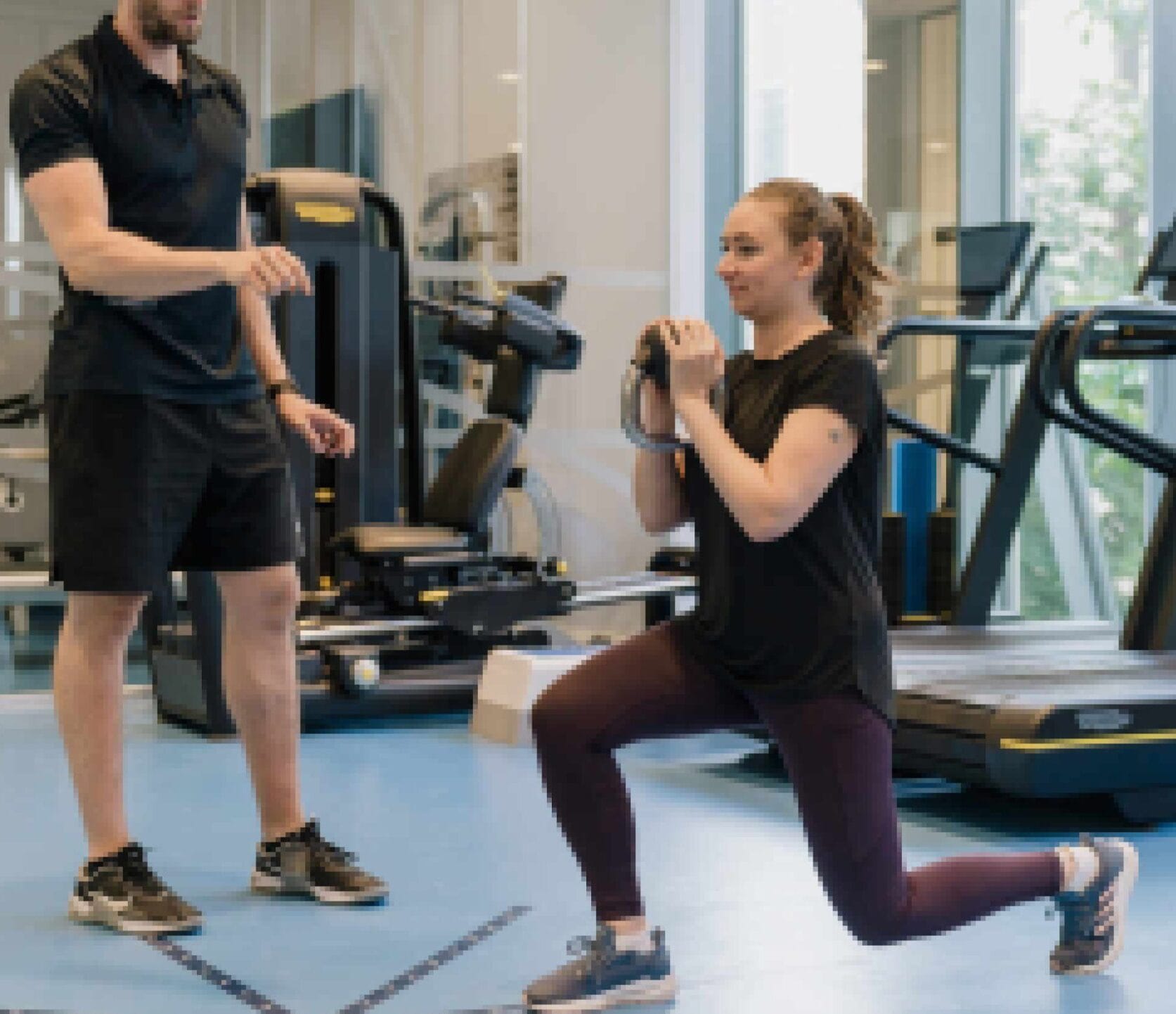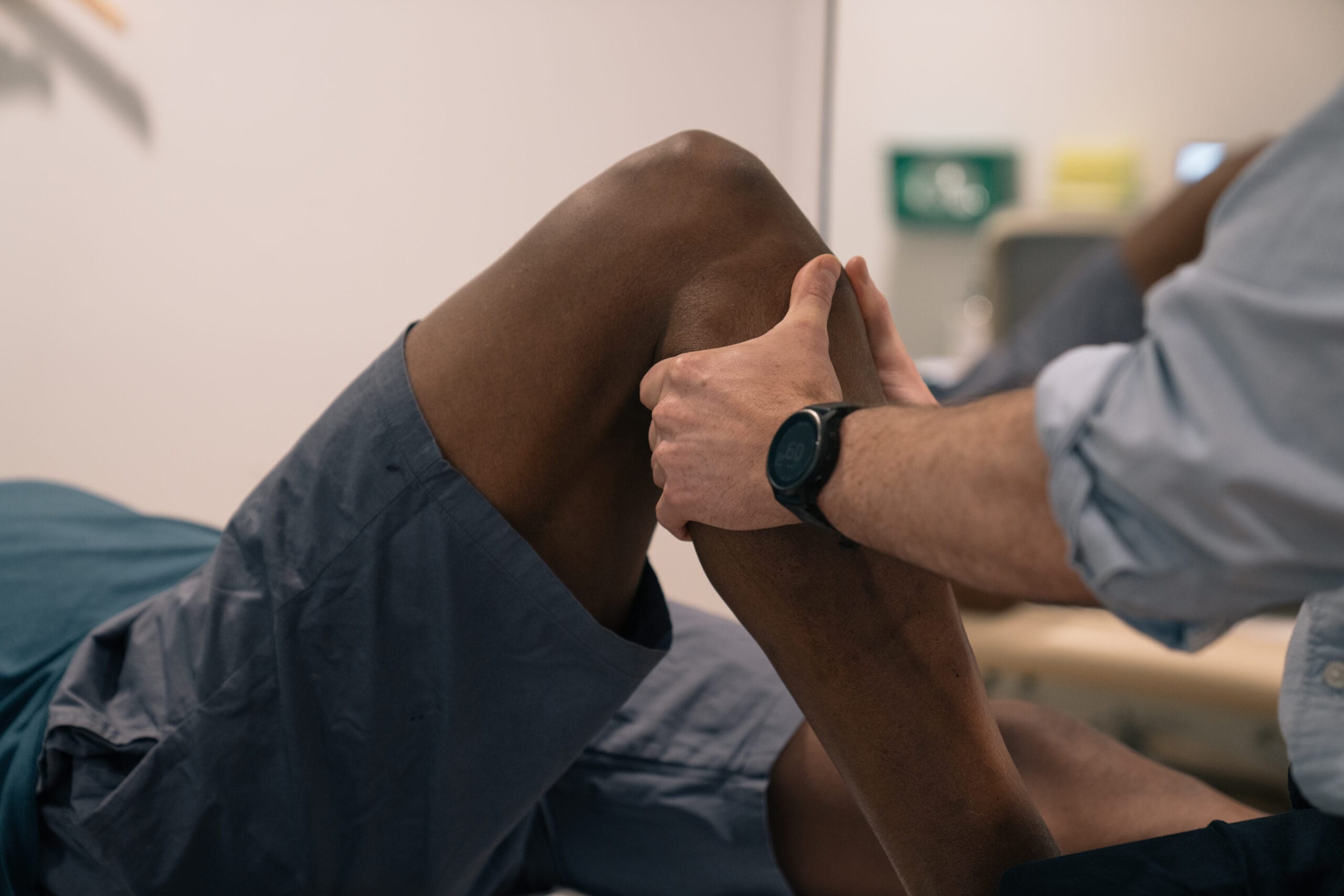
Physiotherapy
Our excellent team of physiotherapists with a wealth of experience across elite sport will assess and diagnose the cause of pain, find the fastest way to alleviate it, and help to prevent reoccurrence.
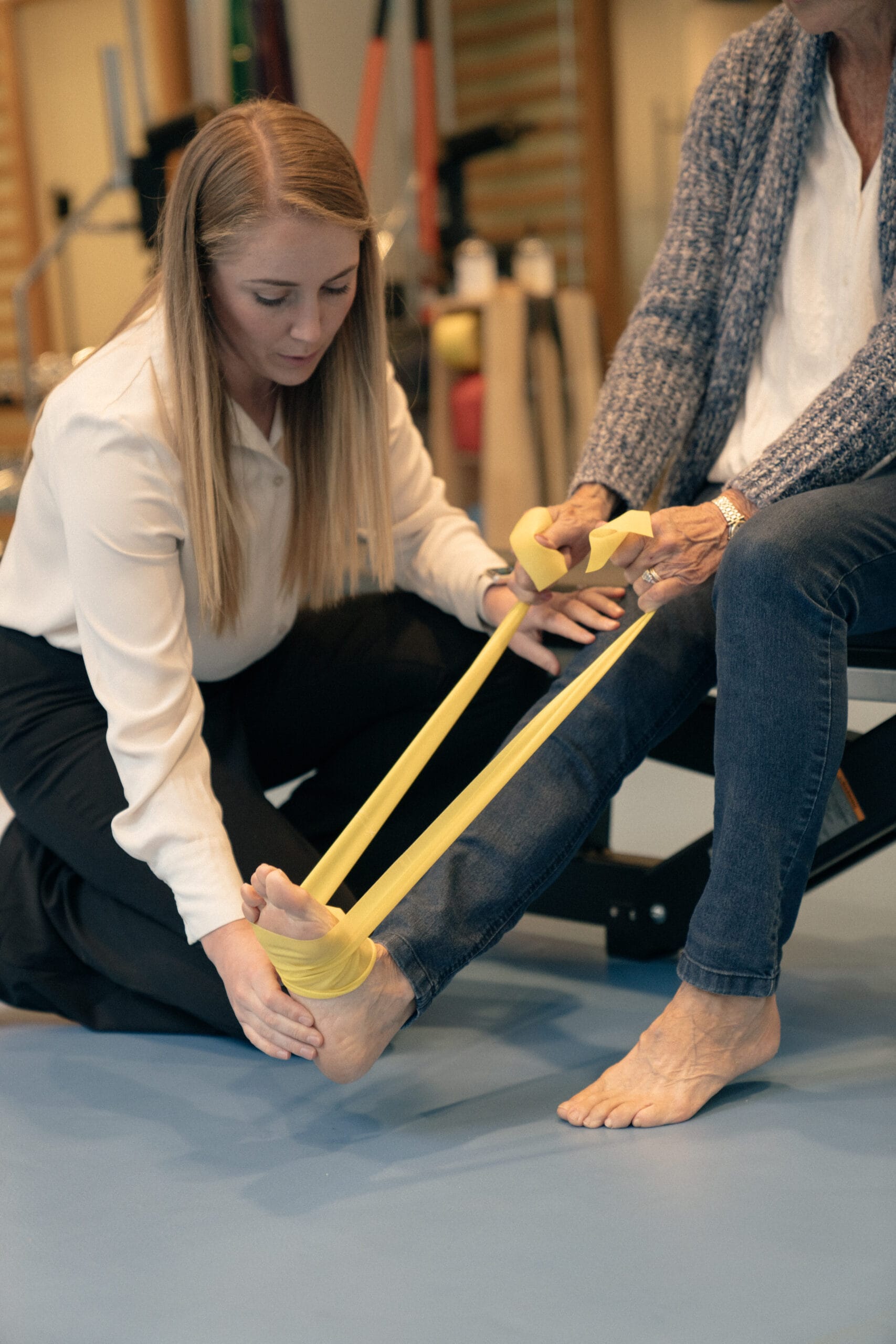
An initial appointment with one of our London-based physiotherapists will include a full 60-minute musculoskeletal assessment to fully understand your issue and inform a tailored treatment plan to get you back to your best.

You will leave the appointment with clarity on your issue and the road to recovery that lies ahead through a unique individualised management plan. This will explain the treatment you require including other members of the multidisciplinary team who may be involved in your care.
While you are receiving treatment with us, you will have access to our comprehensive gym space for your rehabilitation.
Book an appointmentOur Physiotherapists

Pricing
- Initial Appointment (60 mins) – £152
- Follow-up Appointment (30 mins) – £100
- Extended Follow-up Appointment (60 mins) – £170
- Advanced Physiotherapy Initial Appointment (60 mins) – £186
- Advanced Physiotherapy Follow-up Appointment (30 minutes) – £125
- Advanced Physiotherapy Extended Follow-up Appointment (60 minutes) – £208
When your care requires specialist treatment and attention
Alongside our exceptional team of physiotherapists, we have a highly specialised and experienced team of Advanced Physiotherapy Practitioners for complex cases that require specialist care and attention. You can either book an initial with an Advanced Physiotherapy Practitioner, or we can refer you should your initial consultation suggest that you would benefit from being treated by an Advanced Physiotherapy Practitioner.
Find out more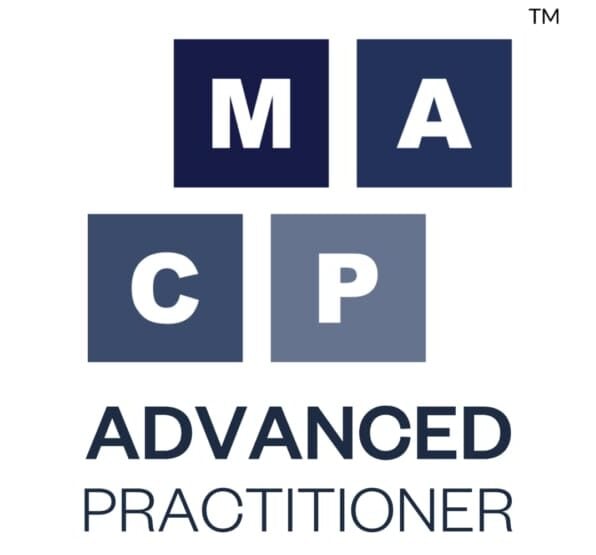

Physiotherapy can help with
a number of issues
Sports injuries are exactly as they sound – injuries that occur during sport or exercise, affecting muscles, joints, ligaments, or bones. Common injuries include sprains, strains, fractures, and tendonitis, often resulting from overuse, improper technique, or sudden impact. Proper warm-ups, strength training, and injury prevention strategies can reduce the risk. Effective treatment, including rest, rehabilitation, and physiotherapy, helps you to recover and return to peak performance safely.
Sports physiotherapy is a specialised field of physiotherapy focused on preventing, diagnosing, and treating sports-related injuries. It involves techniques such as manual therapy, rehabilitation exercises, and movement assessments to aid recovery and enhance performance. Sports physiotherapists work with individuals of all abilities to improve strength, flexibility, and biomechanics, reducing the risk of re-injury. This personalised approach helps achieve an efficient recovery and a return to sport feeling stronger and more resilient.
Strains and sprains are common soft tissue injuries affecting muscles, tendons, and ligaments. A strain occurs when a muscle or tendon is overstretched or torn, while a sprain involves the stretching or tearing of a ligament, typically around joints like the ankle, knee, or wrist. These injuries often result from sudden movements, overuse, or improper technique. Physiotherapy can significantly enhance recovery and injury prevention.
Post-surgery rehabilitation is a structured recovery process designed to restore strength, mobility, and function after a surgical procedure. It typically includes physiotherapy, targeted exercises, and pain management strategies to promote healing and prevent complications. Personalised rehabilitation plans help patients regain movement, rebuild strength, and safely return to daily activities or sports. A well-guided rehab program ensures optimal recovery and reduces the risk of re-injury or long-term limitations.
Back and neck pain is a common affliction and can be incredibly uncomfortable and frustrating. Both can result from poor posture, muscle strain, injury, or underlying conditions such as herniated discs, arthritis or Cauda Equina Syndrome. Symptoms may include stiffness, aching, or sharp pain that affects movement and daily activities. Treatment options include physiotherapy, soft tissue therapy, strength exercises, and posture correction to relieve pain and improve mobility. Proper ergonomics, stretching, and regular exercise can help prevent and manage back and neck pain effectively, but physiotherapy can relieve symptoms when pain occurs and enhance recovery from injury.
Work-related injuries are physical injuries or conditions that occur due to workplace activities, often affecting muscles, joints, or the spine. Common causes include repetitive strain, poor ergonomics, heavy lifting, and prolonged sitting or standing. These injuries can lead to pain, reduced mobility, and decreased productivity. Treatment typically involves physiotherapy, strength training, and ergonomic adjustments to aid recovery and prevent recurrence. Preventative measures, such as proper posture and workplace modifications, help reduce the risk of work-related injuries.
Joint pain and arthritis are common conditions that cause stiffness, swelling, and discomfort in the joints, often affecting mobility and daily activities. Arthritis, including osteoarthritis and rheumatoid arthritis, leads to inflammation and gradual joint degeneration. Joint pain can also result from injury, overuse, or underlying health conditions. Treatment options include physiotherapy, strength exercises, pain management strategies, and lifestyle modifications to reduce symptoms and improve joint function. Staying active and maintaining a healthy weight can help manage and prevent joint pain.
Pre and post-natal physiotherapy focuses on supporting women through pregnancy and postpartum recovery by addressing changes in the body, reducing pain, and improving strength and mobility. During pregnancy, physiotherapy helps manage back pain, pelvic discomfort, and posture changes, while post-natal care aids in restoring core strength, pelvic floor function, and overall physical well-being. Tailored exercises, manual therapy, and education promote a smoother recovery and enhance overall health for both mother and baby.
With specialists in Women’s Health, our team provides focused, individualised pre and post-natal care.
Concussion can be complex with specialist attention required to nurture you through recovery. Physiotherapy can help with concussion recovery by addressing symptoms such as dizziness, headaches, neck pain, and balance issues. Physiotherapists use techniques like manual therapy, vestibular rehabilitation, and guided exercise programs to improve coordination, reduce discomfort, and restore normal function. They also provide education on activity modification and gradual return to sports or daily activities. A personalised physiotherapy plan can speed up recovery and help prevent long-term complications from a concussion.
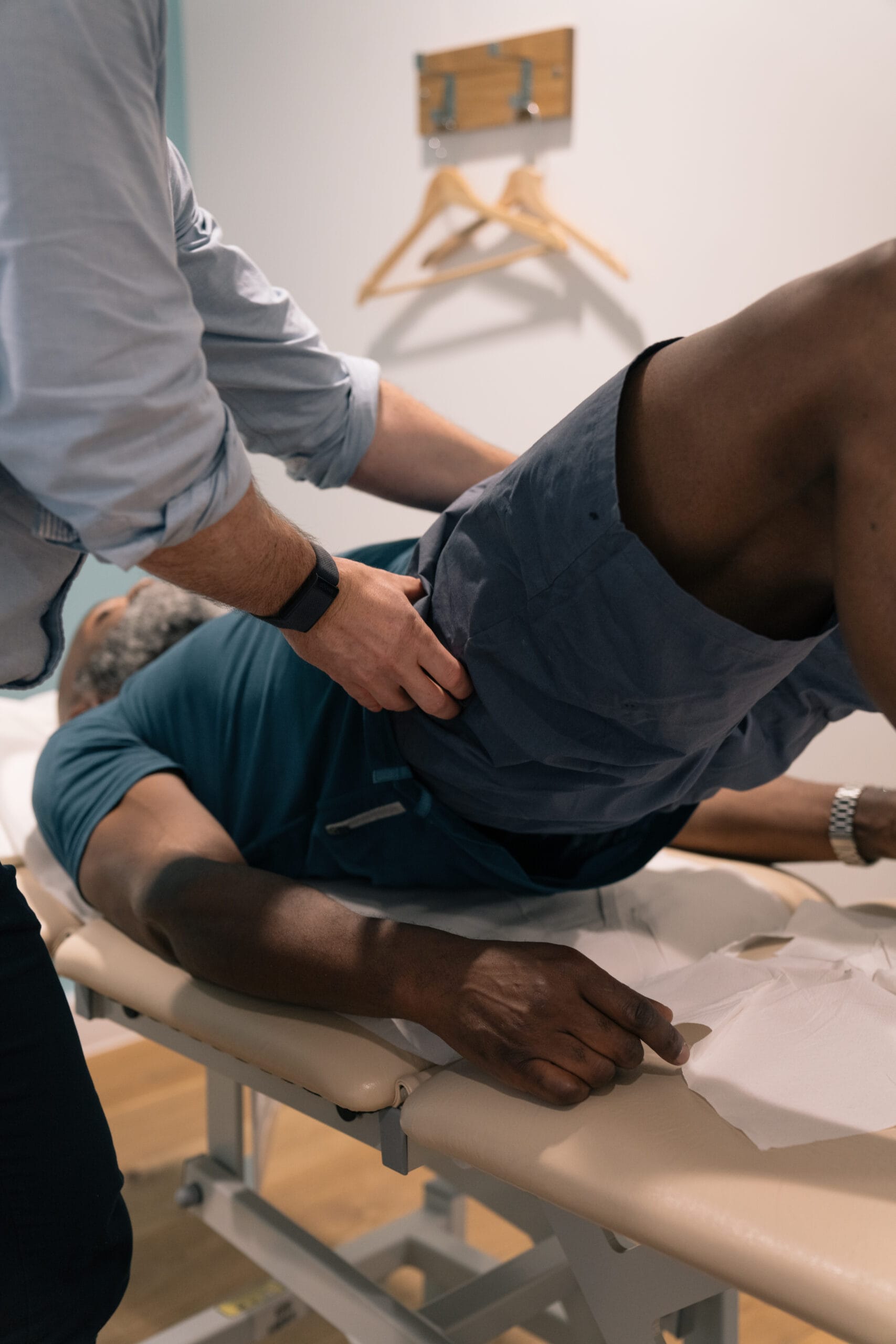
Treatments can include:
- Biomechanical assessments
- Rehabilitation services
- Exercise prescription
- Physio-led Pilates
- Manual therapy
- Mobilisation & manipulation of joints
- Taping
- Dry needling & acupuncture
- Video motion analysis
Your body is your most important investment, and it deserves more. Make sure you get the care and treatment your individual needs require.
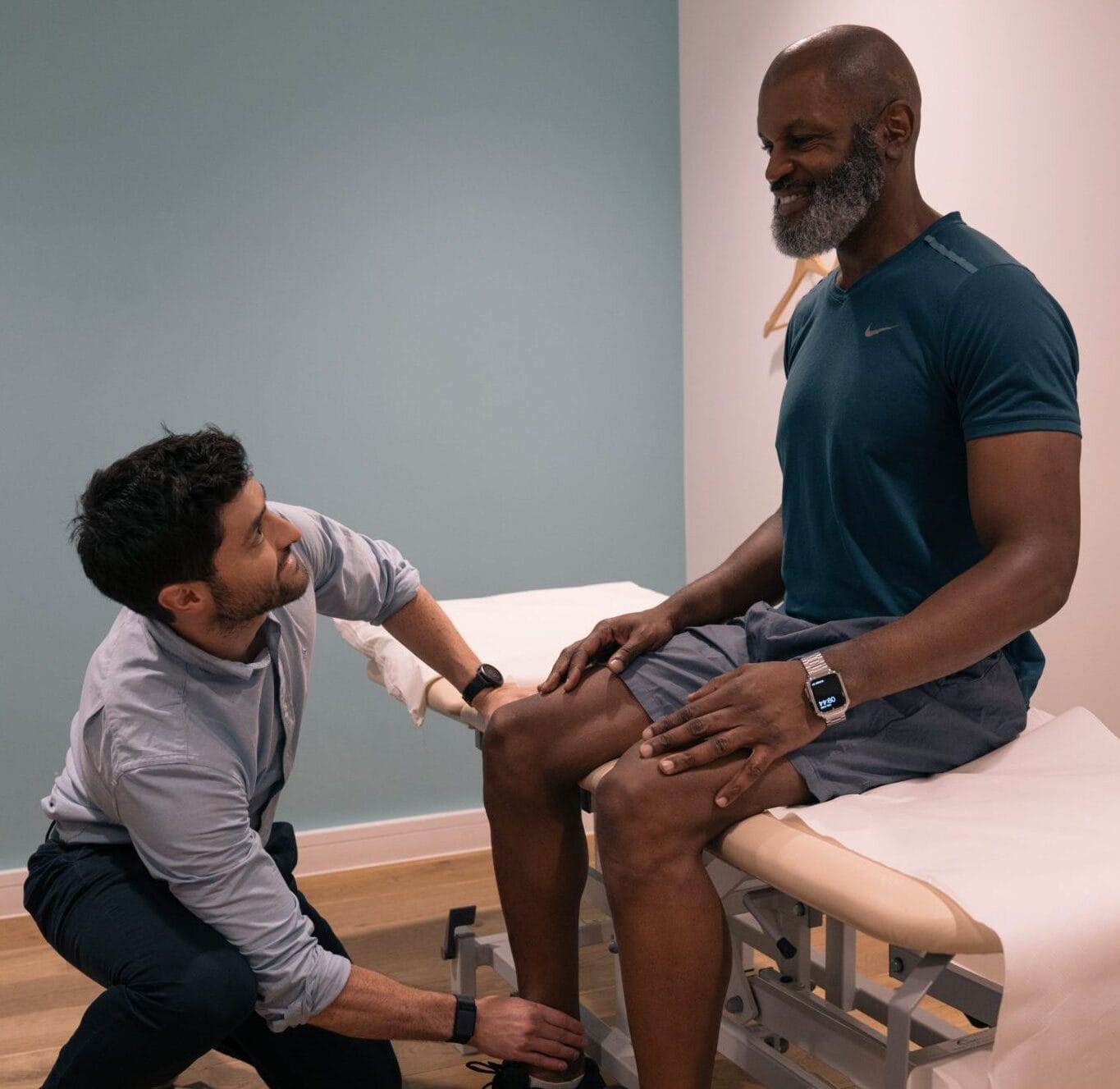
-
Work with a dedicated team of specialists, tailored to meet your specific needs and goals.
-
We combine over 1,000 years of expert experience in musculoskeletal healthcare and elite sport.
-
We are covered by all major insurers and also offer flexible self-pay options for added convenience.
Why Preventative Rehabilitation is important
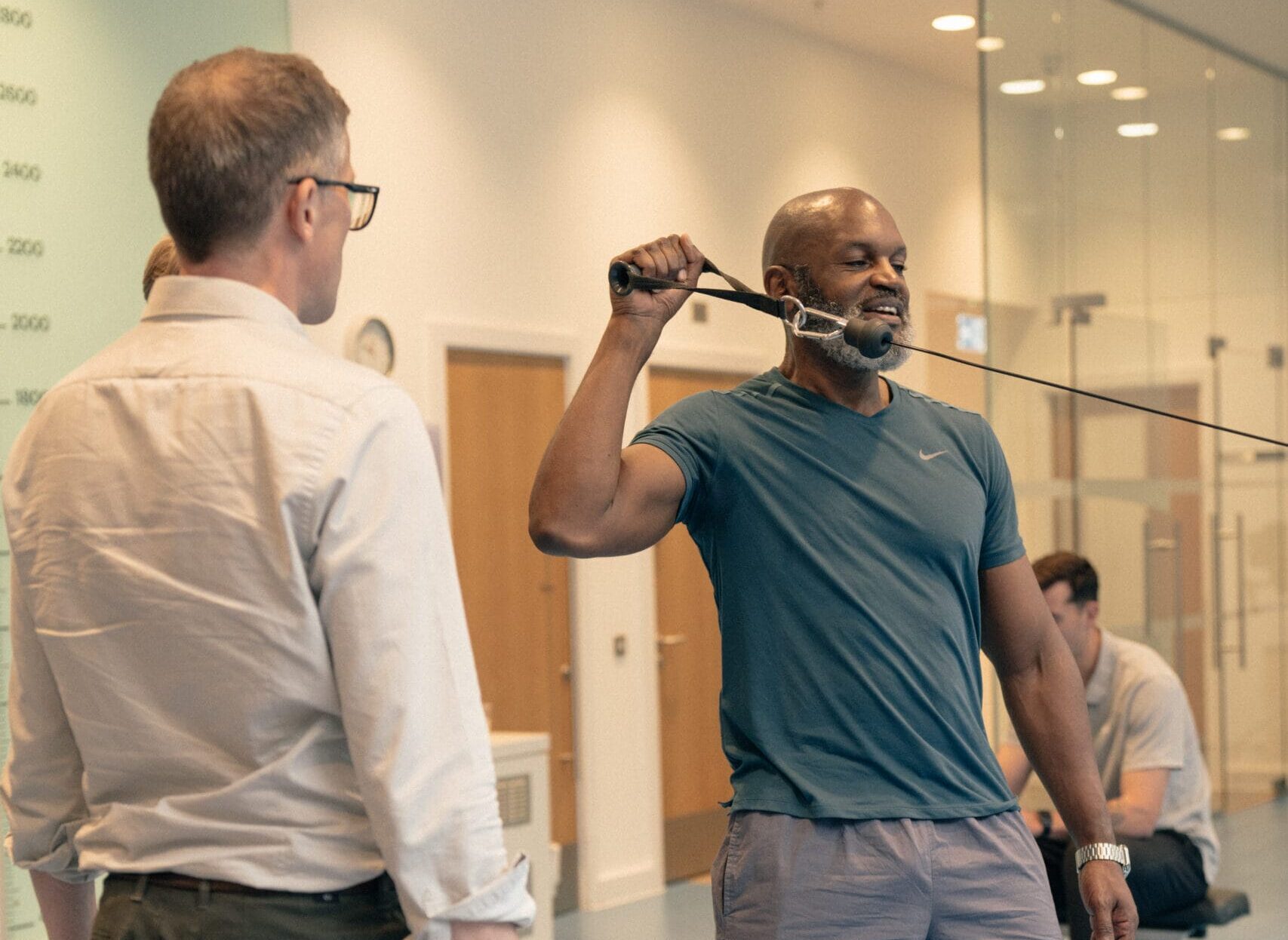
Your Journey with Pure
Everything we do is personalised to you. Whether your goal is to run a marathon or simply walk up the stairs comfortably, we’ll deliver the correct diagnosis and tailored treatment you need to get there so that you can perform at your best and prevent reoccurrence.
Frequently asked questions
Physiotherapy is a non-invasive treatment that safely eases pain in your muscles, joints, tendons, and ligaments and helps to improve mobility by strengthening the muscles, helping you to get back to doing what you love best.
Physiotherapy is commonly sought if your pain worsens during everyday activities, your pain won’t go away, or is recurring. Physiotherapy is also vital for those with recent sports-related injuries which may require treatment, or you require effective pain management post surgery.
An initial appointment with a Physiotherapist begins with a thorough assessment of your symptoms, medical history, and lifestyle factors, alongside an evaluation that includes looking at your movement, strength, and overall function, as well as hands-on examination to assist in the diagnosis of your issue. Based on this, a personalised treatment plan is created to address your specific needs and goals. Treatment may include exercises, manual therapy, and patient education. Follow-up sessions focus on tracking your progress, making adjustments to your plan as needed, and helping you achieve a full recovery while preventing future issues.
Appointments with a Physiotherapist are ideal for individuals experiencing pain, stiffness, or movement difficulties that affect daily activities or sporting hobbies. Physiotherapy is beneficial for those recovering from injury or surgery, dealing with chronic pain, muscle strains, joint discomfort, or sports-related injuries. It’s also a great option if you’re looking to improve mobility, posture, or overall physical function, or if you need guidance on injury prevention and performance enhancement. Seeking Physiotherapy early can help prevent further complications and speed up recovery.
An initial consultation takes an hour and follow-up appointments are typically 30 minutes. Extended follow-up consultations also available if necessary. We also offer a free 15-min consultation to allow to understand if a full appointment is required before claiming on your insurance or self-paying.
Physiotherapists and Osteopaths both treat musculoskeletal issues but use different approaches. Physiotherapists focus on improving movement, strength, and function through exercises, manual therapy, and patient education, often addressing injuries, pain, and rehabilitation. Osteopaths take a holistic approach, using hands-on techniques like stretching and massage to improve the body’s overall function and address both symptoms and underlying causes of pain. Both aim to relieve pain and improve mobility, but Physiotherapists focus more on rehabilitation, while Osteopaths consider the whole body’s balance.
Physiotherapists and Chiropractors both treat musculoskeletal issues, but with different approaches. Physiotherapists use exercises, manual therapy, and education to improve movement, strength, and function for a wide range of conditions. Chiropractors focus on diagnosing and treating spinal and joint problems, often using manipulation techniques to help with pain.
Yes, you can refer yourself to a Physiotherapist. It is always wise to have an initial appointment to understand what might be the cause of your pain or discomfort, what you might be dealing with, and how to treat it. If further investigation is required, we will refer you to one of our Consultant Specialists who will perform a range of range of diagnostic methods including ultrasound. We also refer out for MRI scans and further tests should they be required.
Yes, seeing a Physiotherapist for pain is very beneficial. Physiotherapists are trained to assess and treat various types of pain, injuries, and post-surgery recovery. They use evidence-based treatments such as manual therapy, exercises, and education to help reduce pain, improve movement, and prevent future issues. If necessary, Physiotherapists can also refer you to the appropriate consultants for further investigations, medications, or medical interventions.
Around a third of the UK population, over 20 million people (20,295,706), live with a musculoskeletal condition.
Versus Arthritis







































